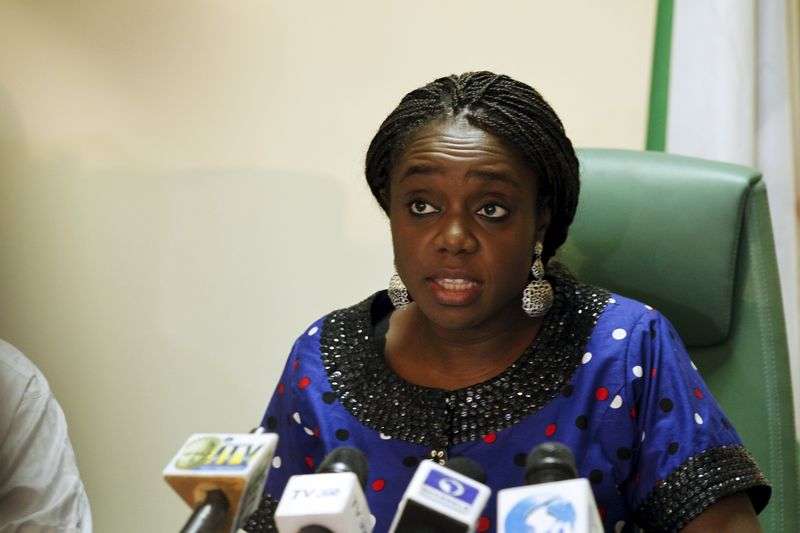Nigeria’s Eurobond Oversubscribed by 750%
Despite the skepticism in some quarters, foreign investors confidence in the country is on the rise as Nigeria’s first Eurobond in almost four years was oversubscribed by over 750 per cent. The Eurobond was priced yesterday bearing interest rate of 7.875 per cent, the first time the country will issue a $1 billion bond in just one tranche.
In 2013 the Federal Government had issued a $1 billion Eurobond but in two tranches of $500 million each for five and 10 years maturity each. 2011 was the debut outing of $500 million with maturity period of 10 years.
Leading global institutional investors had staked $7.8 billion on the bond which was offered in the United States yesterday at 8.pm Nigerian time, almost eight times what the country offered. The 15 year bond will mature on 16th February 2032 with a bullet repayment of the principal.
Although players in the market and analysts had envisaged a difficulty in the Eurobond issuance due to the foreign exchange policy of the country and its present economic challenges, the efforts of the government and the Debt Management Office (DMO) paid off as investors swarmed the Nigerian Eurobond.
Egypt, with a higher credit rating issued a 10-year Eurobond at 7.5 per cent compared to Nigeria’s 15-year at 7.875 per cent, shows that Nigeria’s has a stronger performance in view of the longer maturity tenor.
Commenting following the successful pricing, the Honorable Minister of Finance Mrs Kemi Adeosun said “Nigeria is implementing an ambitious economic reform agenda designed to deliver long-term sustainable growth and reduce reliance on oil and gas revenues while reducing waste and improving the efficiency of government expenditure.
“At the heart of the agenda is a commitment to invest in developing Nigeria’s infrastructure through a target 30 per cent annual budget commitment to capital expenditure. We are establishing the building blocks for long-term growth and making the hard decisions that must be made to reset our economy appropriately.”
Also, the Director General of the DMO, Dr Abraham Nwankwo “Nigeria is delighted to have successfully priced its third Eurobond issue. We have successfully extended the tenor of our borrowing programme in the international capital markets to 15 years, at a price that reflects belief in the quality of Nigeria’s cash flows and government.
“The Eurobond is the latest step in a broader debt strategy designed to significantly re-balance our debt profile towards longer term financing and reduce the burden of interest on our annual budget.”
Many stakeholders and international financial market analysts had premised at the Eurobond Roadshow in London, Los Angeles and New York that Government’s control of the Forex regime will adversely impact on the fortunes of the Eurobond.
The Central Bank of Nigeria (CBN) had last year lifted its cap on the foreign exchange although it still sells dollars at the interbank market, a stance investors say is holding back the value of the naira from being determined by market forces. The naira has remained around the N305 to the dollar band as its value at the parallel market continued to soar, reaching N500 to the dollar yesterday.
The pricing was determined following a roadshow led by Adeosun, the Honorable Minister of Budget and National Planning, Senator Udoma Udo Udoma, CBN Governor, Godwin Emefiele, DMO DG, Nwankwo, and the Director General of the Budget Office, Mr Ben Akabueze, to key global financial centres.
The offering attracted significant interest from leading global institutional investors. The Notes will be admitted to the official list of the UK Listing Authority and available to trade on the London Stock Exchange’s regulated market. The Republic will apply for the Notes to be eligible for trading and listed on the Nigerian FMDQ OTC Securities Exchange and the Nigerian Stock Exchange.
The bond proceeds will be used in funding the N6.1 trillion expansionary budget which the government hopes to use in stimulating the country’s economy which officially entered recession last year
business Nigeria’s Eurobond Oversubscribed by 750%




